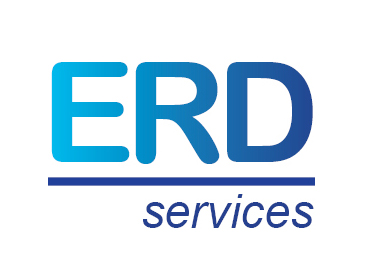KPIT Had A Solid Q2. Strategic Questions Remain
Automotive engineering pure-play KPIT continued on its growth momentum in Q2 FY20 (+15.2% yoy), enjoying a satisfactory EBITDA margin of 13.4%. KPIT’s financial performance was, however, a notch below that of Q1 both in terms of revenue growth (Q1: +19.3%) and margin (14.6%).
Looking at the past revenue performance, KPIT tends to have slightly bumpy revenue growth, due to its project-oriented business model (with the end of several connected vehicle projects) and its size (revenues of EUR 77m in Q2). Looking ahead, as we get to know KPIT better, we will get used to these bumps.
The traditional wage increase impacted KPIT’s EBITDA margin and was (+3%) higher than planned (+2%). Reading through the lines, we understand that KPIT is using the wage lever to control its employee attrition and to fuel its recruitment engine. The company’s margin should remain subdued for the next two quarters as it continues to hire, at the cost of decreasing utilization rates. Nevertheless, KPIT has reiterated its margin guidance in the range of 10-15%.
KPIT is navigating the consolidation trend that is impacting autonomous vehicle (AV) programs and intends to strengthen its position as programs consolidate. Meanwhile, it sees no slowdown in EV programs, which, unlike AVs, remain OEM-specific. KPIT continues to focus on its Top 25 target accounts, expanding from passenger vehicles to commercial vehicles.
Also, KPIT is benefitting from an offshore trend in traditional (i.e., non-electric) powertrain. This confirms that OEMs are transferring offshore activities not related to AV, EV, and communications.
We are still getting to know KPIT and must admit the company is executing very well in a market that is going through an immense change. The question remains if KPIT does not have a high-risk profile. For example, KPIT does not seem involved in digital manufacturing activities, which we think will be much needed when OEMs launch their next-gen vehicles. And of course, in the mid-term, we would like to see some sectorial diversification. We would hate to see KPIT suffer from its dependency on automotive the way Aricent suffered from its focus on the telecom industry.
